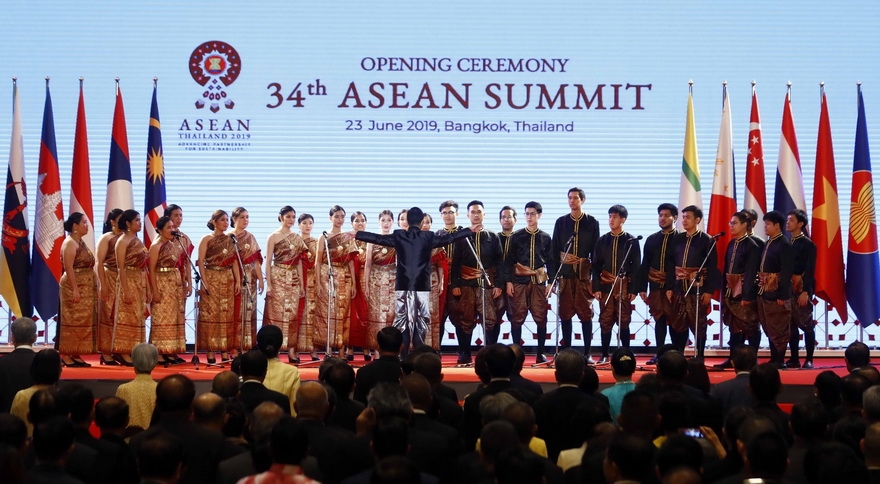
Introduction
The Association of Southeast Asian Nations (ASEAN) has emerged as a critical player in global politics and economics, especially in recent years. Established in 1967, ASEAN aims to promote regional peace, stability, and economic cooperation among its ten member states: Indonesia, Malaysia, the Philippines, Singapore, Thailand, Brunei, Vietnam, Laos, Myanmar, and Cambodia. In an age of increasing globalization, the relevance of ASEAN extends beyond Southeast Asia, affecting international diplomacy and trade.
Recent Developments in ASEAN
ASEAN has taken steps to adapt to new global challenges. In 2021, the organization launched the ASEAN Comprehensive Recovery Framework in response to the economic impacts of the COVID-19 pandemic. This strategy aims to expedite recovery among member nations, enhance healthcare preparedness, and fortify the region’s economy. Additionally, in recent meetings, ASEAN leaders have emphasized the need for greater cooperation on issues such as climate change, trade digitization, and cybersecurity.
Moreover, ASEAN’s role in promoting dialogue has been crucial. It has mediated discussions between conflicting parties in the region, including ongoing tensions related to the South China Sea and Myanmar’s political situation. The organization’s commitment to a peaceful resolution has been a stabilizing force amidst rising tensions, highlighting the importance of unity and collective approaches in dealing with complex geopolitical issues.
Trade and Economic Integration
Economically, ASEAN is an influential entity, forming one of the largest markets globally with a combined GDP of over USD 3 trillion. The ASEAN Economic Community (AEC), established in 2015, seeks to create a single market and production base, facilitating free movement of goods, services, capital, and skilled labor. This economic integration aims to make the region more competitive on the global stage, attracting foreign investment and encouraging intra-regional trade.
Conclusion
The significance of ASEAN cannot be overstated. As it navigates through various challenges, the organization serves as a model for regional cooperation and diplomacy. With the rise of emerging economies in Southeast Asia, the influence of ASEAN is likely to grow, making the bloc a key player in addressing global issues, from trade disputes to climate action. For nations both within and outside the region, understanding ASEAN’s dynamics will be pivotal in aligning with the future landscape of international relations and economic partnerships.



